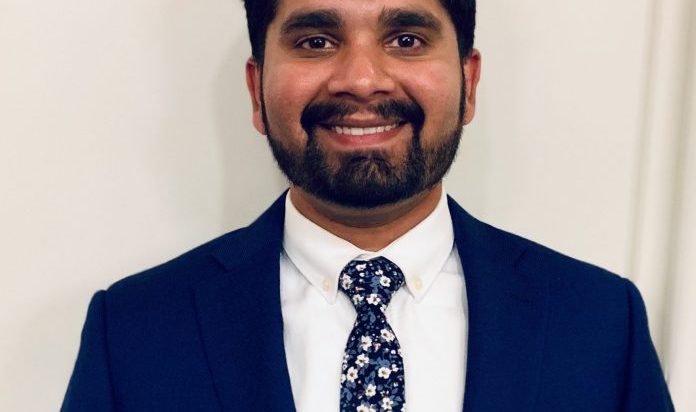Speech-language pathologists (SLPs) diagnose and treat speech, language, and swallowing disorders in children and adults. The outlook for SLPs is bright as the U.S. Bureau of Labor Statistics expects the profession to grow by 29 percent between 2020-2030, much faster than the average career. Speech-language pathology is often rated as one of the top careers in healthcare because of its healthy work-life balance and fulfilling responsibilities (#4 in Best Healthcare Jobs in U.S. News & World Report).
What can I do with speech-language pathology skills?
Speech-language pathologists work individually with patients to improve disordered speech, language, or swallowing. SLPs assess, diagnose, and treat individuals with speech disorders. The work setting often dictates the population of patients a SLP will work with and any additional responsibilities they have. For example, in a school they work with children and collaborate with the special education team to create Individualized Education Plans (IEPs).
Work settings include:
- Early intervention, preschool, and K–12 schools
- Colleges and universities
- Local, state, or federal government agencies
- Hospitals and healthcare facilities
- Private practices
Entry-level job title examples: Speech-Language Pathologist, SLP, Pediatric Speech-Language Pathologist, SLP Clinical Fellow
Future roles: Speech-Language Pathology II, Speech-Language Pathology Manager, Speech-Language Pathology Lead Supervisor, SLP Clinical Leader
How can I acquire speech-language pathology skills and turn them into a career?
If you are interested in pursuing your own career in SLP, we recommend exploring these skills:
Transferable skills and qualities
- Critical thinking
- Communicative
- Collaborative
- Creative
- Adaptable
- Flexible
- Analytical
Field-specific skills
- Screen for and diagnose speech disorders.
- Create and implement treatment plans.
- Document progress toward therapy goals.
- Provide one-on-one speech therapy.
- Educate parents, healthcare professionals, and school staff about effective and individualized strategies for students.
- Provide high-quality care.
Credentials
Speech-language pathologists typically need to attain specific credentials to practice in the field. Below are two credentials found in the speech-language pathology field.
A speech-language pathologist (SLP) must hold a state license to practice in a given state. Holders of the Certificate of Clinical Competence in Speech-Language Pathology (CCC-SLP) satisfy the requirements for licensure in the majority of states.
A CCC-SLP demonstrates specialized knowledge and training in the speech-pathology field. To earn the CCC-SLP, one must graduate with a master’s degree from an accredited program, pass the Praxis examination in speech pathology, complete a clinical fellowship with at least 36 weeks and a minimum of 1,260 hours, and complete the CCC-SLP application.
What could my career look like with a speech-language pathology skill set?
A career in SLP offers a host of compelling reasons to consider it as a profession. First and foremost, it is a deeply fulfilling career that allows you to make a significant difference in the lives of individuals with communication and swallowing disorders. SLP professionals enjoy a diverse range of work settings, from schools and hospitals to private practices, ensuring a dynamic and varied work experience. Moreover, there is a consistently high demand for SLP services, providing excellent job security. One of the most rewarding aspects of this field is the ability to establish close and meaningful connections with patients, making it a truly gratifying and impactful career choice.
What are my next steps?
Learn more about speech-language pathology:
Register for a course on edX to learn about a variety of topics within the field of speech-language pathology.
Watch a session
Watch a relevant session on our Events page to learn more about the industry and other professionals’ experiences within it.










